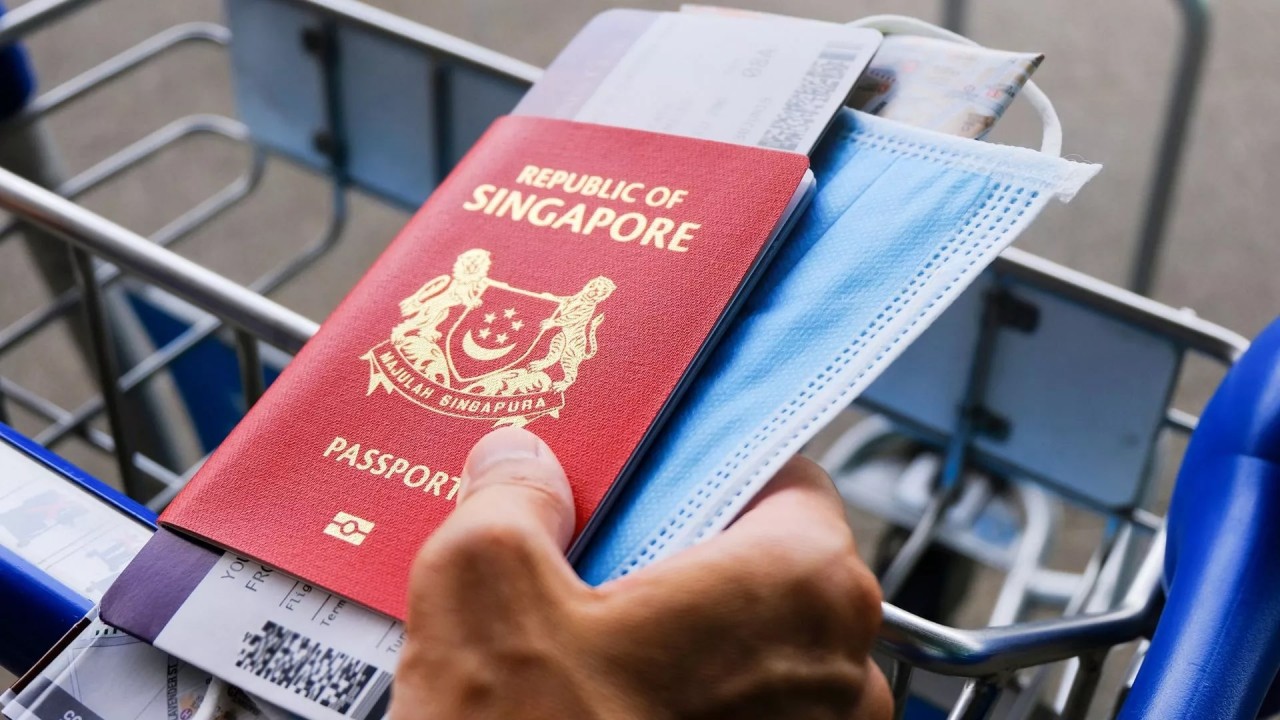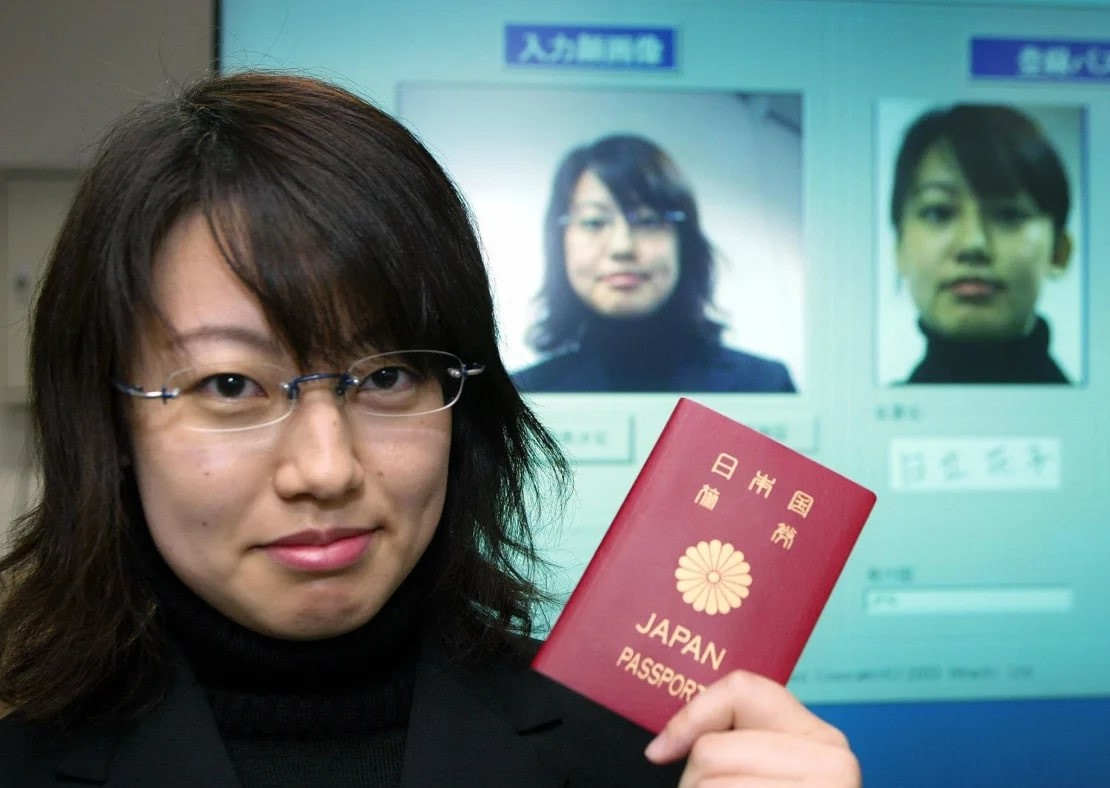The title for the world’s most powerful passport has been passed on for the first time in five years.
After holding the top spot for five years, Japan has been replaced by Singapore as the country with the world’s most powerful passport according to the latest Henley Passport Index 2023 rankings. Singaporeans now enjoy visa-free access to 192 out of 227 travel destinations globally.
At the beginning of 2023, Japan held the first place with visa-free access to 193 countries.
 |
| The world’s most powerful passport has changed for the first time in five years. Photo: euronews |
Japan’s visa-free access has now reduced to 189 countries, allowing Singapore to take the top spot. Singapore has gained visa-free access to an additional 25 countries over the past decade. This advancement has propelled Singapore five places up the ranking.
The top 10 rankings are as follows:
2. Germany, Italy, and Spain
3. Japan, Austria, Finland, France, Luxembourg, South Korea, and Sweden
4. Denmark, Ireland, Netherlands, and the UK
5. Belgium, Czechia, Malta, New Zealand, Norway, Portugal, and Switzerland
6. Australia, Hungary, and Poland
7. Canada and Greece
8. Lithuania and the USA
9. Latvia, Slovakia, and Slovenia
10. Estonia and Iceland
For the first time since 2017, the UK has risen in the rankings from sixth place to fourth place.
Meanwhile, the USA continues to see a decline for the past 10 years, falling two spots further to eighth place. The USA has had the smallest increase in its score among all the countries in the rankings over the previous decade.
In 2014, the UK and the USA held the first place jointly.
The Henley Passport Index uses data from the International Air Transport Association (IATA) to rank 199 passports worldwide. The index is continuously updated throughout the year to reflect changes in visa policy.
According to Henley & Partners’ latest release, the average number of visa-free destinations for travelers has nearly doubled over the 18-year history of the ranking, from 58 in 2006 to 109.
 |
| For the first time in five years, Japan has been knocked off the top spot for the world’s most powerful passport. Photo: Getty Images |
However, the gap in travel freedom between the highest and the lowest rankings has widened. Citizens of Afghanistan have visa-free access to only 27 destinations, ranking below Iraq (with 29 destinations) and Syria (with 30 destinations).
Cristian H. Kaelin, chairman of Henley & Partners, highlights Singapore’s efforts in securing greater travel freedom for its citizens. Singapore has gained visa-free access to 25 new destinations in the past decade.
“The UAE has extended its visa-free score by an impressive 107 destinations since 2013,” he adds. “Among the Top 10 countries, the US has shown the smallest increase in its score, securing only 12 additional destinations.”
Greg Lindsay, from Cornell Tech’s Jacobs Institute, explains in the Henley & Partners statement, “The situation is simple – by essentially standing still, the US has fallen behind. America’s consistent decline in the rankings serves as a cautionary sign for Canada and the rest of the English-speaking countries.”
Does openness guarantee access?
The two indexes demonstrate that high openness does not necessarily translate into high visa-free access to countries. However, the Passport Index records Singapore and South Korea, both relatively open countries, climbing the rankings, while the USA and Canada are losing positions as their openness stagnates.
American passport holders can travel to 184 destinations out of 227 visa-free, while only 44 nationalities have visa-free access to the USA. EU countries grant visa-free privileges to more than twice as many states as the USA.
Australia, Canada, New Zealand, and Japan top the list of countries with the biggest disparity between the travel freedom enjoyed by their citizens and the visa-free access they afford to other nations.
Among the countries with high openness but having less powerful passports are Somalia, Sri Lanka, Djibouti, Burundi, and Nepal.








